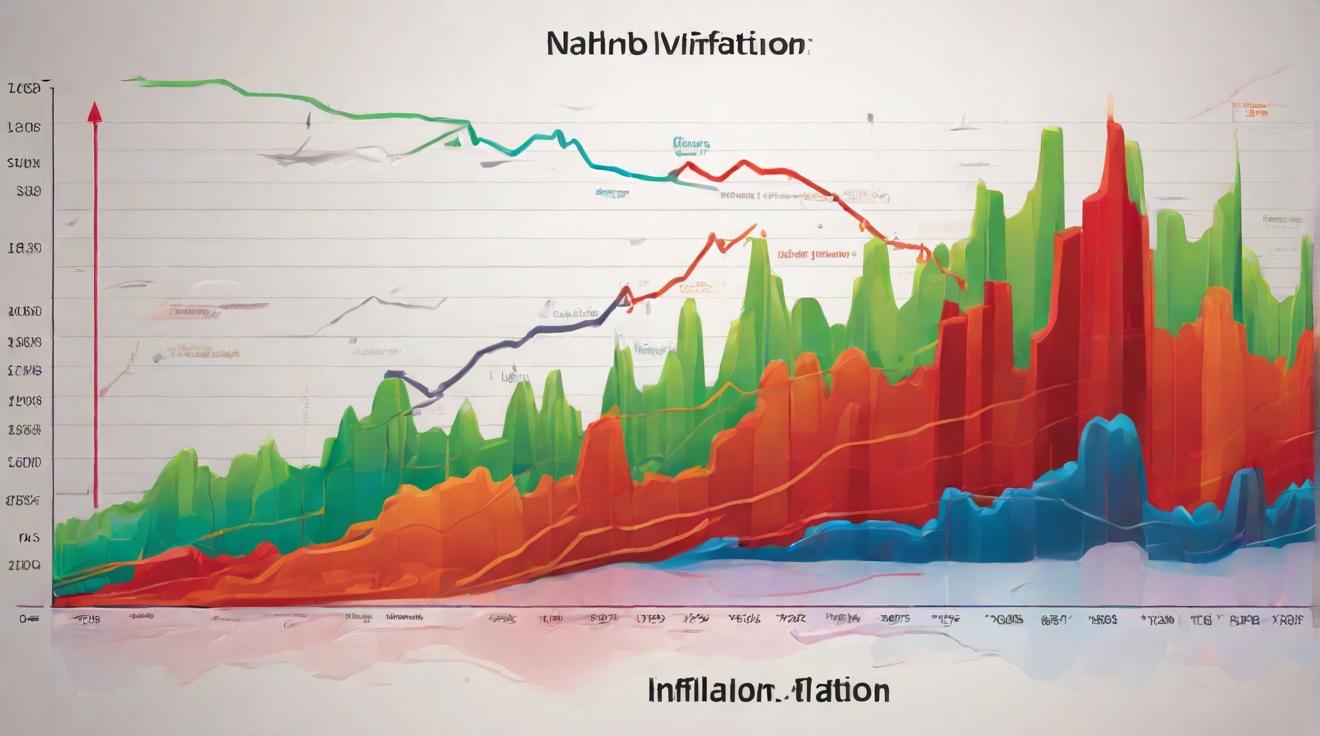Berkshire Hathaway Enters the $1 Trillion Club
Warren Buffett’s investment giant, Berkshire Hathaway, has achieved a significant milestone by surpassing a $1 trillion market capitalization. This achievement makes Berkshire the first non-tech company in the U.S. to reach this elite status, joining the ranks of only six other companies.
BofA Stock Sales and Market Impact
The landmark event coincides with Berkshire's recent sale of Bank of America (BofA) shares. Over the past six weeks, Berkshire has sold 129 million shares of BofA, earning $5.4 billion. This aggressive selling spree has led to a more than 9% drop in BofA's stock price. However, BofA's stock still shows an 18% increase this year, although it lags behind competitors like Goldman Sachs and JPMorgan Chase.
Historical Ties Between Buffett and BofA
Warren Buffett's relationship with Bank of America dates back to 2011 when he invested $5 billion during the post-2008 financial crisis recovery. This was not just a financial bet but also a strong endorsement of CEO Brian Moynihan’s leadership.
Strategic Positioning
Despite the sales, Berkshire remains BofA's largest stockholder, retaining over 900 million shares valued at more than $35 billion. The move is part of a broader strategic adjustment at Berkshire, which recently reduced its stake in Apple. Now, BofA ranks as Berkshire’s third-largest holding.
Buffett's Cautious Approach
Historically, Buffett has been cautious with bank stocks. He exited significant positions in JPMorgan, Wells Fargo, and Goldman Sachs between 2018 and 2022. His decisions often reflect broader market conditions and internal assessments of banking management.
In May 2023, Buffett emphasized his trust in BofA at Berkshire's annual shareholder meeting, stating, "We're very cautious about ownership of banks, but I like Bank of America and its management." This underscores his strategic confidence in BofA despite ongoing adjustments.
Key Takeaways for Investors
For potential investors, understanding the dynamics of Berkshire’s portfolio adjustments can provide valuable insights into broader economic trends and investment strategies. Monitoring Berkshire's moves can serve as a barometer for assessing market confidence in major financial institutions.













